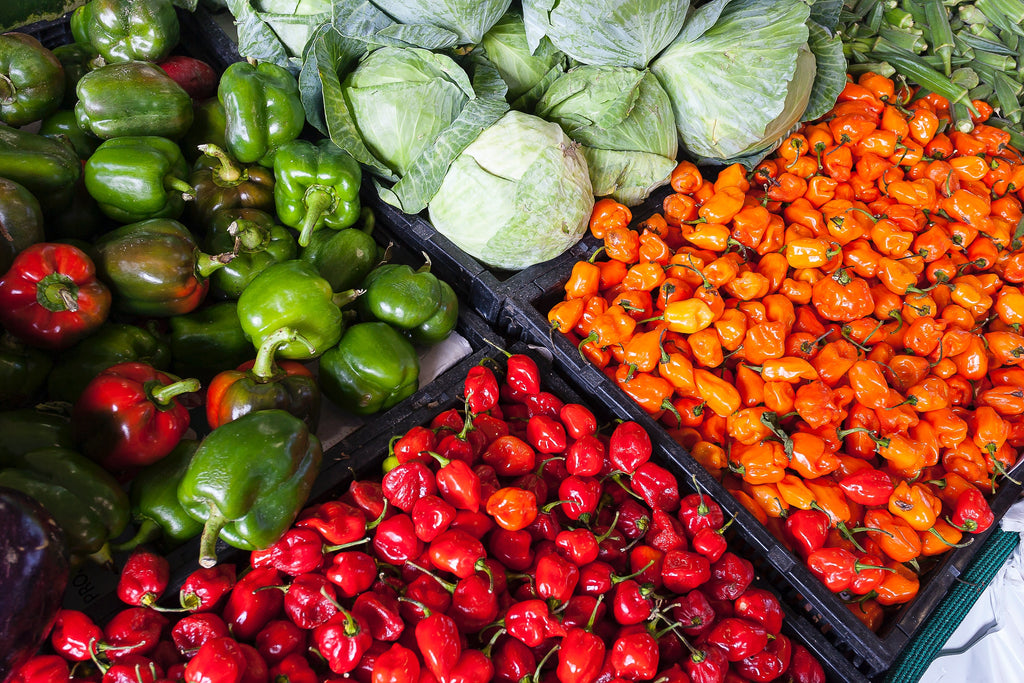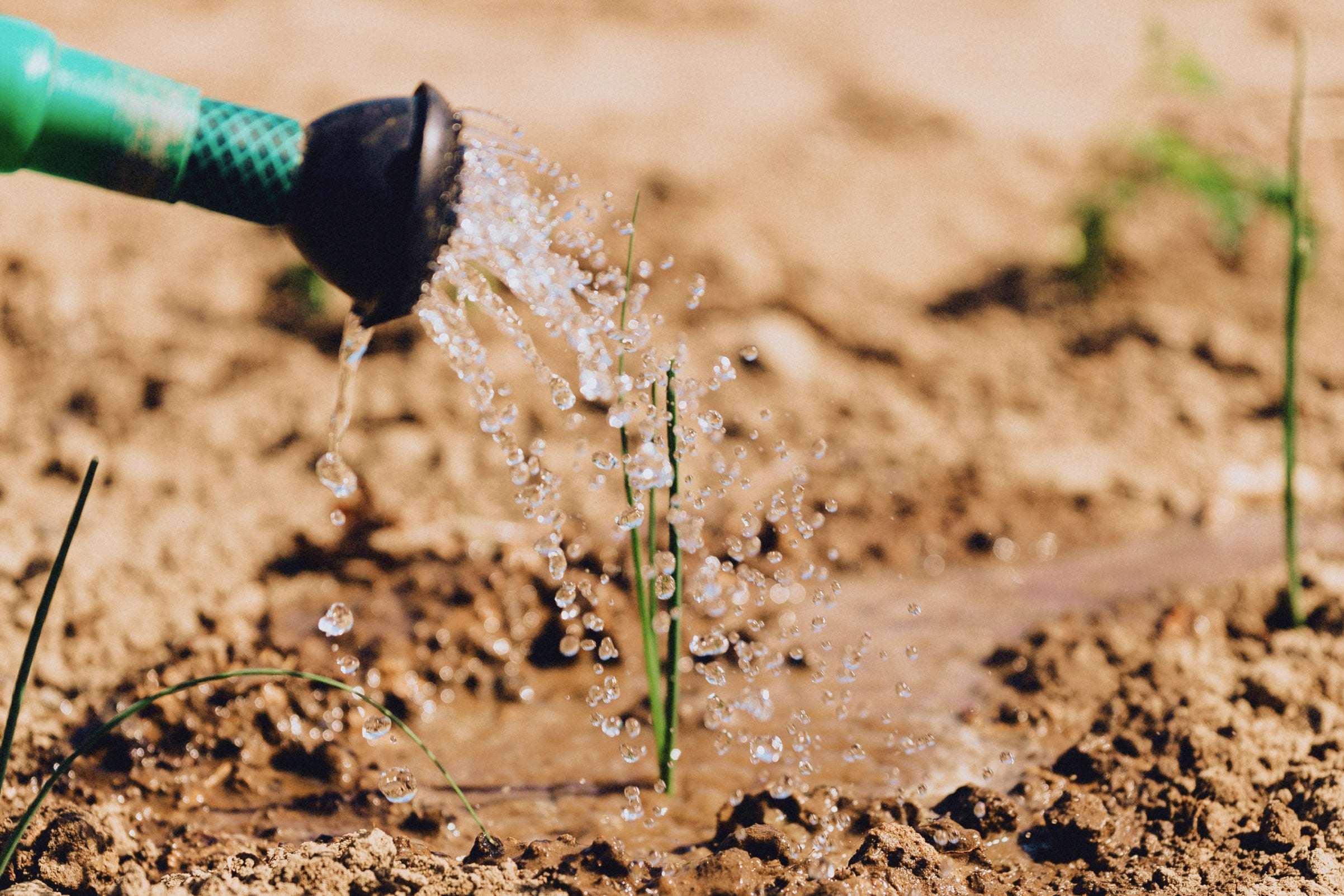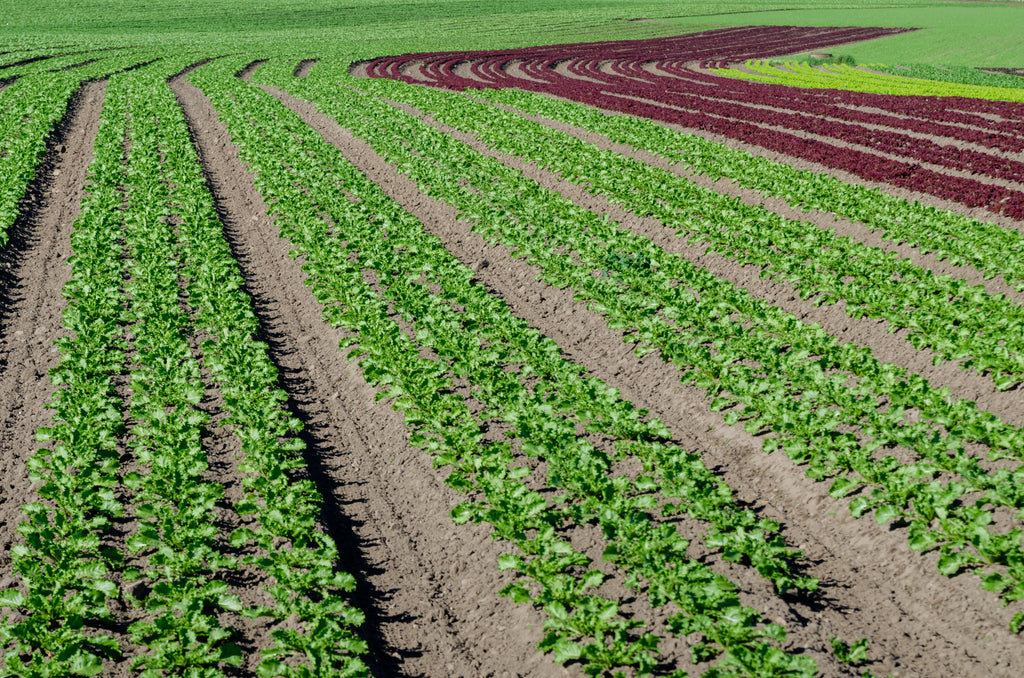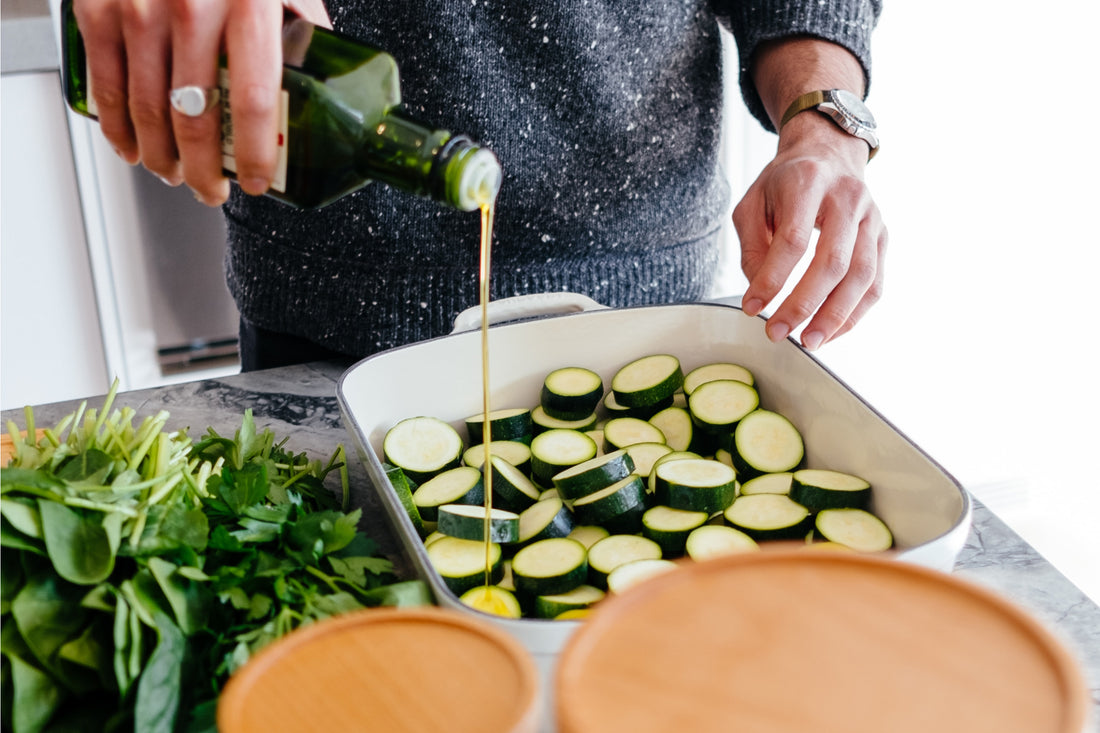La demanda de agricultura orgánica ha aumentado año tras año, y el auge de los alimentos integrales en las últimas dos décadas refleja cómo han cambiado las preocupaciones de los consumidores. Los ingredientes de los alimentos que consumimos, así como el trato que se da a los animales, han provocado un auge de la agricultura orgánica y los alimentos integrales.
Los consumidores se están sumando a la tendencia de los productos orgánicos, pero los agricultores están mucho menos inclinados a ello. La agricultura orgánica es excelente tanto para los clientes como para las cadenas de supermercados. Lamentablemente, los beneficios de la agricultura orgánica se limitan a las granjas. Es la razón principal por la que hay mucha más demanda de productos orgánicos que oferta en los Estados Unidos .
 Fotografía de John Lambeth en Pexels
Fotografía de John Lambeth en Pexels
Lo orgánico mejora la sostenibilidad a largo plazo
La agricultura convencional funciona mejor para alimentar a grandes poblaciones y es muy eficaz. Existe la preocupación de que erosione lentamente la calidad del suelo , ya que la producción es una prioridad. El suelo nunca se rota ni se le da la oportunidad de reincorporar materia orgánica.
La erosión de la calidad del suelo, que no da tiempo a recuperarse, obliga a los agricultores convencionales a utilizar métodos antinaturales, como rotaciones mecánicas intensas y fertilizantes.
Se estima que un tercio del suelo del mundo está degradado . Si el problema se agrava, volverá a los factores económicos. ¿Qué es más barato? Elegir lo orgánico o buscar otra alternativa artificial.
Bienestar animal
Es comprensible que muchas personas opten por comprar productos no orgánicos debido a sus precios. Si una pieza de fruta cuesta el doble, ¿realmente vale la pena? Puedes comprar la misma pieza de fruta que aún tiene muy buen sabor.
Lo orgánico todavía puede considerarse un producto de nicho, pero el bienestar animal, por otro lado, es mucho más frecuente y movimientos como el veganismo se han vuelto muy populares. Aunque estas dietas pueden ser un poco extremas, apoyar los derechos de los animales es algo que casi todos pueden apoyar. Nadie está diciendo que dejes de comer productos animales. Simplemente compra carne y productos lácteos orgánicos o de animales criados en libertad.
Las granjas comerciales que abastecen a la mayoría de los supermercados mantienen a sus animales en condiciones horribles y los alimentan con hormonas para acelerar su crecimiento. Esto es puramente por intereses económicos. Cuantos más animales puedas cazar en el menor tiempo posible, mayores serán las ganancias.
No es que los agricultores sean codiciosos y expriman hasta el último beneficio, sino que la sociedad en general exige los precios más bajos. Naturalmente, los supermercados ofrecen los productos a precios más bajos para presionar a los agricultores locales. Estos no tienen más opción que innovar y buscar formas de reducir sus costos. Estas reducciones de costos equivalen a enormes violaciones de los derechos de los animales, así como a pesticidas que incluso causan daños a los propios agricultores .
Esta demanda de los precios más baratos a cualquier costo es lo que impulsa la agricultura comercial y constituye un gran obstáculo para que la agricultura orgánica pueda ganar terreno real.
La agricultura orgánica requiere habilidades y conocimientos especializados
La agricultura orgánica no es como la agricultura convencional. Requiere mucho más conocimiento de la tierra y es una habilidad más especializada. La gran mayoría de las granjas convencionales se centran en cultivos básicos como el trigo, la cebada, la soja y el maíz.
Esto permite a los agricultores orgánicos especializarse y cultivar cultivos especiales que tendrán un precio más alto en el mercado. Existe la oportunidad para que los agricultores orgánicos proporcionen cultivos que las granjas comerciales no pueden satisfacer debido a su prioridad en la producción en masa. Si bien el mercado para estos cultivos será más pequeño, sus precios más altos pueden compensar la menor demanda.
Subvenciones gubernamentales negligentes
Los países industrializados otorgan subsidios a los agricultores para que les resulte más fácil seguir en el negocio y atraer nuevos negocios. Lamentablemente, la mayoría de estos subsidios se concentran en la agricultura comercial y los productos básicos.
Los agricultores no tienen la culpa de que, desde el punto de vista económico, les vaya mejor produciendo productos básicos. Hasta que los gobiernos hagan cambios y creen incentivos para la agricultura orgánica, los agricultores se inclinarán a seguir utilizando métodos agrícolas convencionales.
Los supermercados aprovechan las granjas orgánicas
Para cualquier supermercado, los productos orgánicos son un argumento de venta único que pueden aprovechar. Si bien los productos orgánicos son más costosos de producir, los supermercados mejoran sus márgenes de ganancia además de los costos originales en comparación con los productos convencionales.
Un estudio francés concluyó que los márgenes de ganancia de los productos orgánicos son un 96% más altos que los de sus contrapartes no orgánicas. Solo la mitad de la diferencia de precio de los productos orgánicos llega realmente a los agricultores.
Uno de los principales problemas de los productos orgánicos es que son significativamente más caros de producir. Los supermercados agravan el problema, pero los costos adicionales para los agricultores no justifican los ingresos. Esto significa que la mayoría de los agricultores se muestran reticentes a comenzar a cultivar productos orgánicos debido al tiempo y el esfuerzo que se requieren para obtener los mismos ingresos o incluso menores.
Al final, la globalización impulsará o limitará el avance orgánico.
En este momento, para muchos agricultores, la agricultura orgánica no es un modelo de negocio viable. Es una pena, pero es la realidad en la que vivimos. Si bien la demanda de los consumidores ha aumentado, los productos orgánicos aún representan un pequeño porcentaje del consumo general.
La gran mayoría de la población quiere los productos más baratos posibles, lo que pone a los agricultores en una situación complicada, ya que la demanda es lo que decide lo que pueden producir.
Hipotéticamente, si la mayoría de los consumidores decidiera que el bienestar animal y lo que contienen sus alimentos son una preocupación importante, los precios de los productos orgánicos serían más baratos y los agricultores se apresurarían a comenzar a producir alimentos integrales. Aunque no parece que este escenario vaya a suceder en un futuro próximo.
Esto significa que, a menos que la agricultura orgánica se vuelva más eficiente que la agricultura regular y económicamente viable para un mercado global, lo orgánico continuará ocupando la sección de la esquina en el supermercado.







